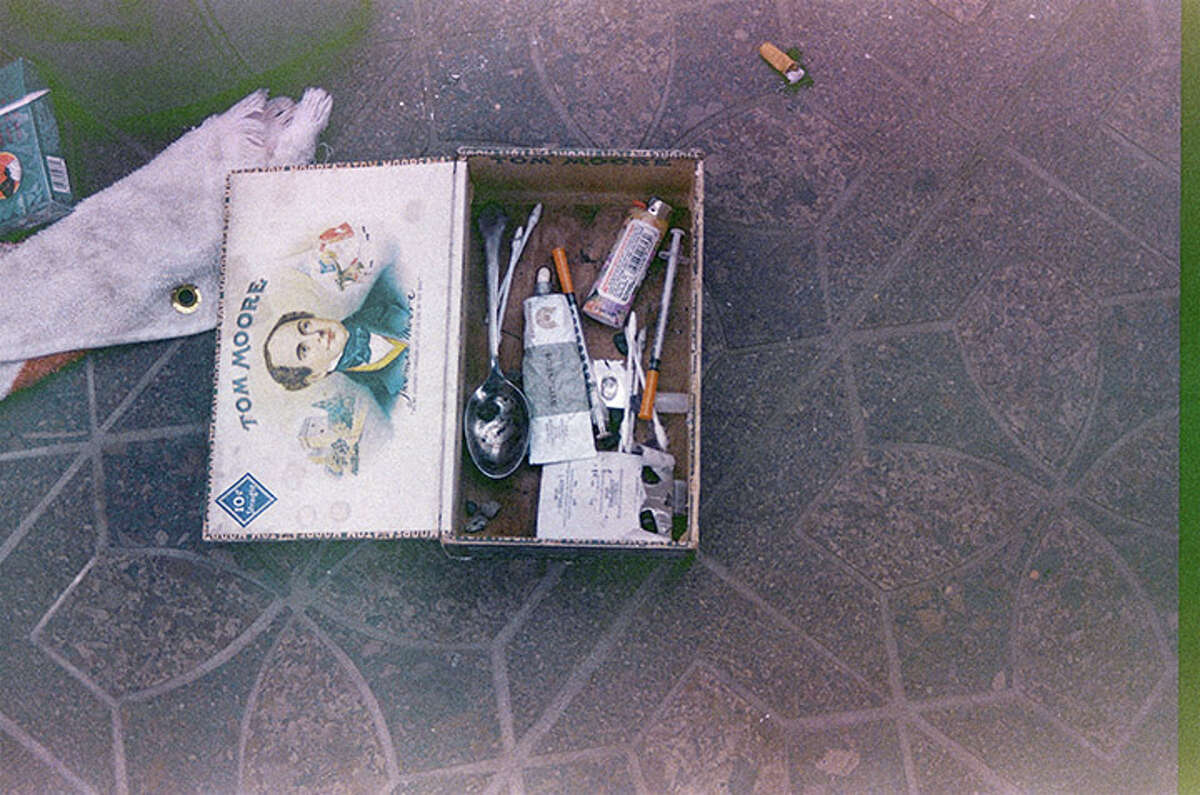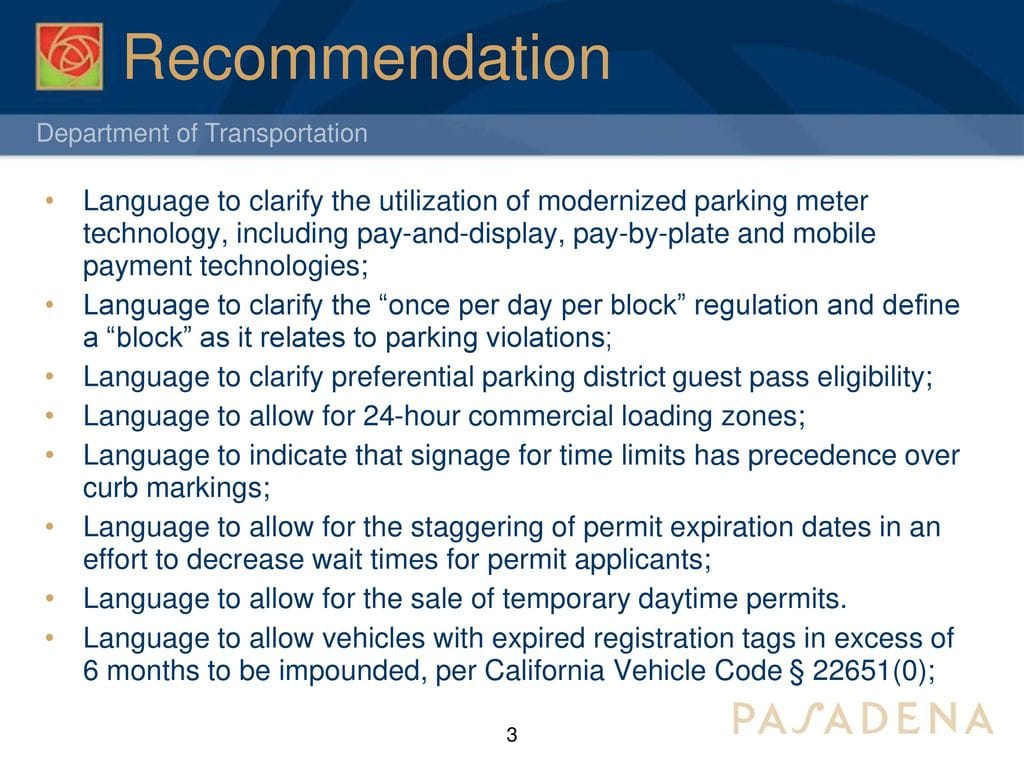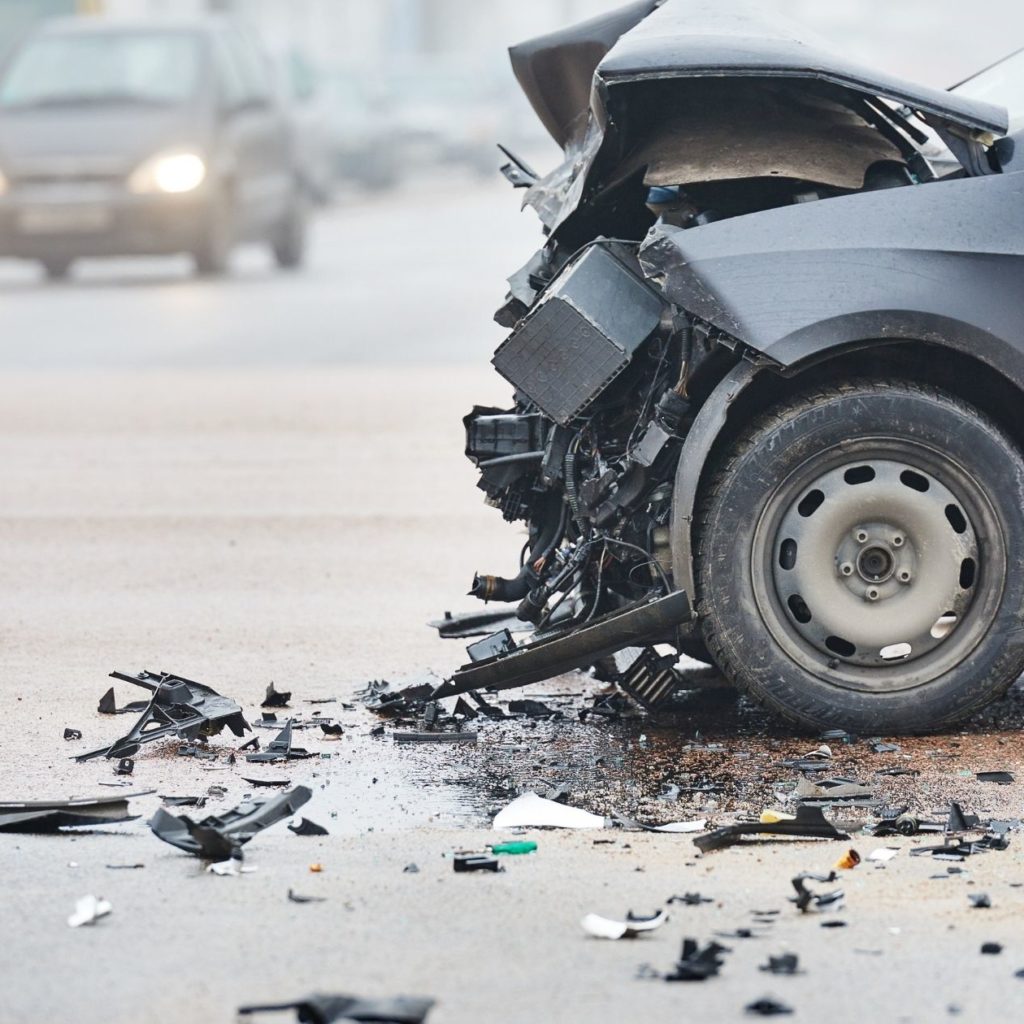Roadside litter isn’t just an eyesore; it poses risks to wildlife, pollutes our environment, and creates safety hazards on our roads. But who’s ultimately responsible for this mess? This article delves into the complexities of car littering responsibilities, exploring the roles of drivers, passengers, vehicle owners, and the ongoing efforts to keep our roads clean.
Pinpointing the Litterbug: Who’s Accountable?
The responsibility for litter tossed from a vehicle isn’t always straightforward. While seemingly simple, the act of littering from a car can involve a complex web of legal and ethical considerations. Let’s break down the different scenarios and who is likely held accountable.
The Driver’s Role: Captain of the Car
In most cases, the driver is considered responsible for any litter that escapes their vehicle, regardless of the source. This principle is often compared to a ship’s captain being accountable for what happens on board. Even if a passenger throws trash out the window, the driver is usually the one who receives the penalty. This may seem unfair, but it emphasizes the driver’s responsibility to maintain control of their vehicle and its occupants. What if something accidentally flies out, like a receipt caught by the wind? While less likely to result in a fine, this still suggests taking precautions to secure loose items inside the vehicle. Learn more about where certain car components are located here.
Passenger Responsibility: Not Off the Hook
Passengers aren’t exempt from responsibility. If witnessed discarding litter, they can face direct consequences, including fines. In some jurisdictions, both the driver and the littering passenger might share the blame and associated penalties. Before tossing that candy wrapper, remember it might not be the driver who ends up paying. This shared responsibility underscores that everyone in a vehicle plays a role in keeping our roads clean.
“Keeper Liability”: Owner Onus
“Keeper liability,” prominent in places like England, adds another layer of complexity. This means the registered vehicle owner can be fined for littering, even if they weren’t driving. While seemingly unjust if a friend borrows your car and turns it into a mobile trash can, this law encourages owners to be selective about who they lend their vehicles to and to discuss responsible waste disposal.
Unidentified Litterbugs: Driver Default
When the culprit is unknown, as often happens in cars with multiple occupants, the driver typically bears the responsibility. This reinforces the idea that everyone in the vehicle shares the responsibility for containing trash. However, with hired vehicles like buses and taxis, determining liability becomes murkier. It may be unclear whether the driver, passenger, or the operating company is ultimately responsible, leading to varied interpretations and potential legal challenges. Ongoing discussions seek to clarify responsibility in these shared vehicle scenarios.
Decoding Littering Laws and Fines
Understanding the legal framework surrounding littering is crucial for both drivers and passengers. This section breaks down the legislation, fines, and enforcement methods aimed at curbing roadside trash.
Legal Landscape
- Environmental Protection Act 1990 (EPA), Section 89: This act establishes the duty to maintain land and highways free of litter. The Secretary of State for Transport holds ultimate responsibility for roads managed by National Highways.
- Highways Act 1980: Provides Statutory Instruments governing refuse collection on motorways, further delineating responsibilities.
Penalties and Enforcement
Fines for littering from vehicles can vary, often reaching up to £150 or more depending on the location and severity. Dashcam footage is increasingly used as evidence, aiding in identifying offenders and sometimes exonerating drivers in genuine accidents. Local authorities are primarily responsible for enforcing these laws, issuing fines to vehicle owners even if they weren’t driving.
Roadside Litter Removal: A Costly Endeavor
Highways England tackles litter on motorways and major A roads, while local authorities handle smaller roads and streets. Unsuccessful outsourcing attempts by National Highways demonstrate the complexity and cost of litter removal, emphasizing the importance of prevention. Although volunteers are not legally obligated to clean up litter (and are often discouraged due to safety concerns on roadsides), community cleanup initiatives can play a valuable supporting role.
Reporting Roadside Litter: Making a Difference
Witnessing someone littering is frustrating. However, taking action by reporting the incident can contribute to a cleaner environment and hold offenders accountable.
How to Report
- Gather Evidence: Note the vehicle’s registration number, make, model, and any other identifying details. If safe to do so, capture photo or video evidence.
- Contact Your Local Council: In England and Wales, local councils handle reports of littering from vehicles. Many offer online reporting forms or phone numbers. A quick search for “[Your Council Name] report littering” will usually lead you to the right place.
- Provide Details: Include the date, time, location, type of litter, and any description of the offender (if possible). The more information, the better.
Importance of Reporting
Reporting littering isn’t about being a “snitch”; it’s about civic responsibility. It helps enforce anti-littering laws, deter future offenses, and protect our shared environment. While direct confrontation is discouraged for safety reasons, reporting empowers authorities to handle the situation appropriately. Just as food handlers have guidelines about acceptable jewelry found here, drivers and passengers have responsibilities regarding litter.
The Future of Litter Prevention
Beyond fines and enforcement, ongoing research explores innovative solutions to combat littering. Public awareness campaigns, educational initiatives, and technological advancements like AI-powered identification systems hold promise for preventing litter at its source. International comparisons of littering laws and strategies may reveal best practices for future implementation.
By understanding our individual and collective responsibilities, we can contribute to a cleaner, healthier environment for everyone. Reporting littering, securing loose items in our vehicles, and promoting responsible waste disposal are small but impactful steps toward achieving this goal.
- HelpCare Plus: Revolutionizing Affordable and Accessible Healthcare - December 29, 2024
- Boom & Bucket: Your Digital Marketplace for Used Heavy Equipment - December 28, 2024
- Ankle Bones Crossword Clue: Solutions, Tips & Anatomical Insights - December 28, 2024














